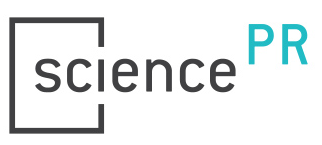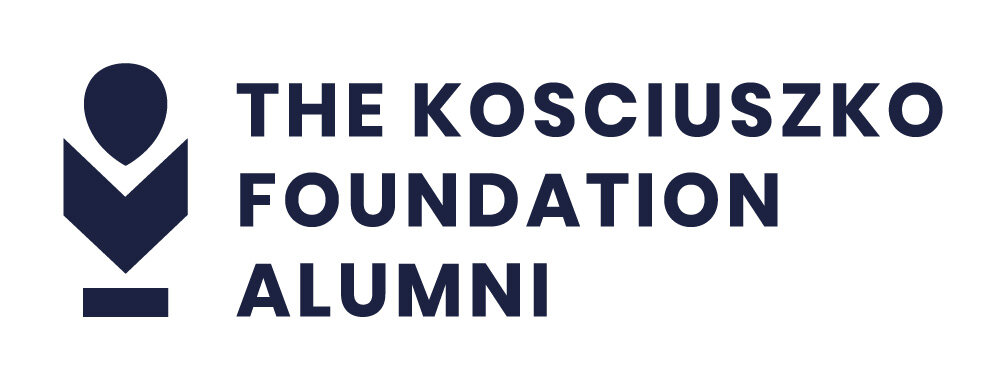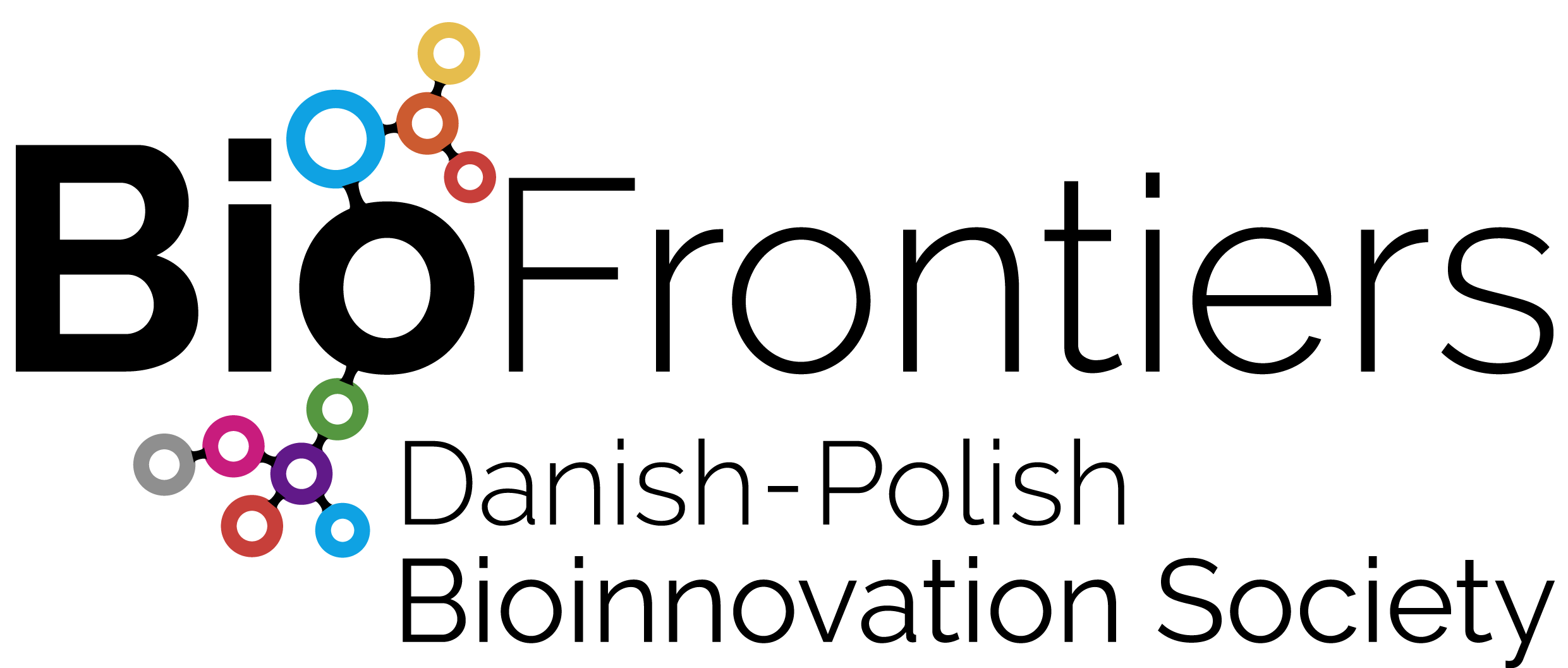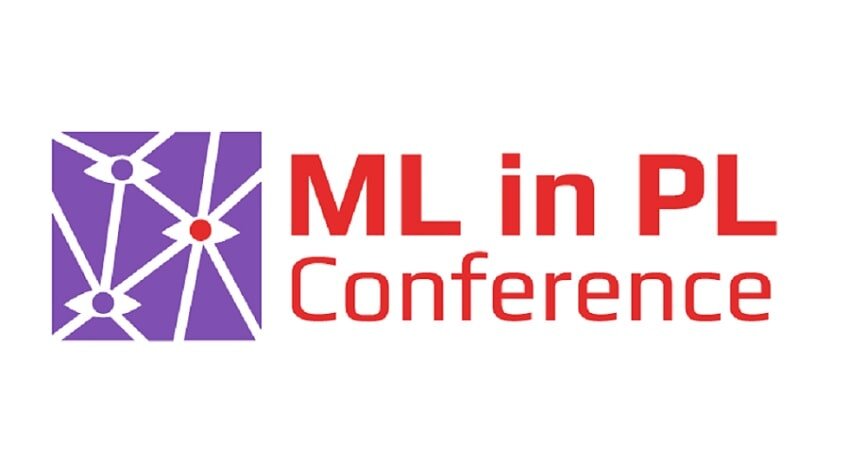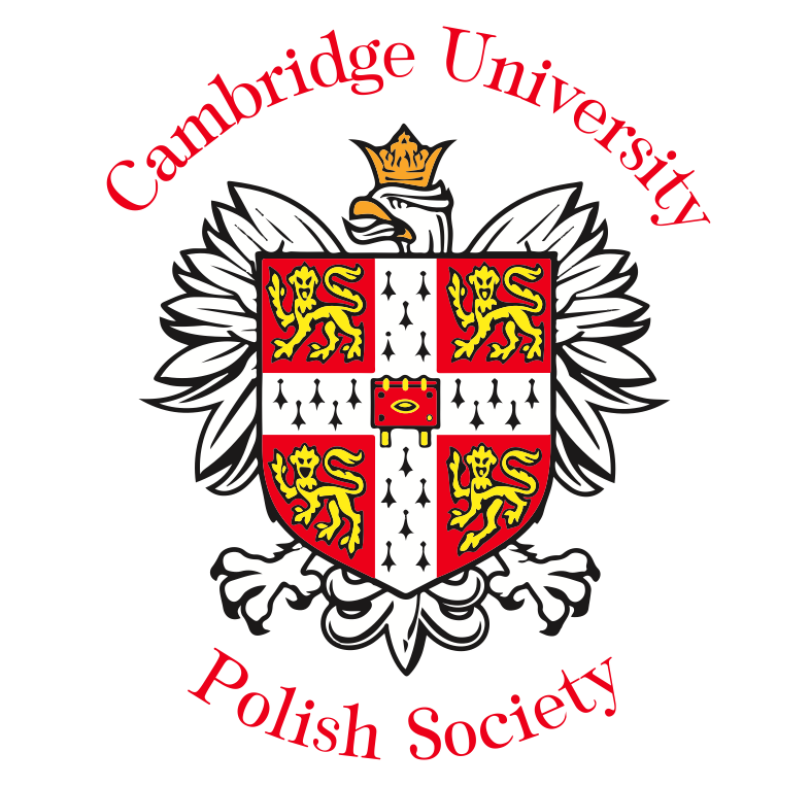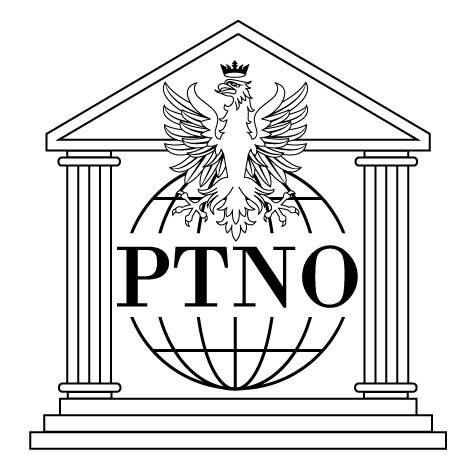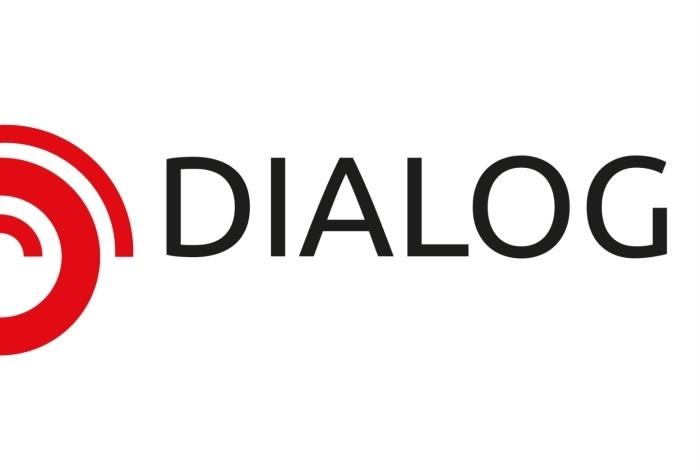Science: Polish Perspectives (SPP) events connect Polish scientific diaspora all over the world. By bringing SPP events to this community, Polonium Foundation is hoping to better understand it, connect its members and give them a platform for discussion with academia, policy makers and industry in Poland. All SPP events promote interdisciplinarity and encourage best outreach practices.
SPP 2019 will be taking place in Cambridge, bringing together 250 representatives of the research community. More information coming soon! In the meantime, follow us on Facebook and Twitter, and don't forget to sign up for our newsletter (below) to make sure you don't miss any updates.
When & where?
8 - 9 November 2019
St John’s College
St John's Street,
Cambridge CB2 1TP
Conference booklet
Keynote speakers
Invited speakers
Piotr Mirowski
Senior Research Scientist, DeepMind, London (UK)
Learning to Navigate
Agenda
Workshops
Take a look at my data: Open and reproducible science methods
Konrad Wagstyl, University College London
Science is built upon reproducibility. Progress comes from researchers developing novel questions and approaches based on existing reliable findings. The field of open science has grown to provide the necessary tools and frameworks for scientists to share their work. In this workshop we will use the MELD project as a demo for open science. We will introduce a set of available tools to facilitate working openly. These include GitHub, arxiv, data sharing, protocols.io, and jupyter notebooks.
Data visualisation 101: A practical introduction to designing scientific figures
Nikiforos Karamanis, EMBL-EBI
In this hands-on workshop, we will go through the basic principles of designing scientific figures to communicate our research findings. We will focus on how we can utilise colour effectively and help our audience make accurate quantitative judgements by taking advantage of fundamental principles of human perception. We will also discuss strategies for visualising complex datasets. The workshop is based on the articles in data visualisation which were published in the Points of View column in Nature Methods with additional material from publications by Edward Tufte, Tamara Munzner and other leading researchers on data visualisation. We'll put theory into practice in a series of exercises to help you hone in your basic data visualisation skills!
IntervYOU: showcasing your research in the media
Joanna Bagniewska, University of Oxford & University of Reading
How do you talk to journalists? What will grab the audience's interest? How can you make the most of media exposure? Fear not – this introductory workshop will provide you with a basic toolkit for becoming a media-savvy academic. We will cover radio and TV, as well as a wee bit of press. Join Joanna Bagniewska, a zoologist and science communicator, on a whirlwind tour of how the media work.
Grants you are invited to! Workshop on the NAWA grant application process
Polish National Agency for Academic Exchange (NAWA)
Access to funding is essential for scholars to excel in their research careers. NAWA is happy to offer grants for academics at all stages of their careers that help to create an environment where researchers and students can achieve their best work. When applying for a grant, candidates dedicate a significant investment of time and engagement to this process. What are the key elements that make for a successful grant application? How can you make your application stand out from the crowd? This workshop aims to increase the chances of your proposal being successful.
Entertainment
How about a standup comedy night or an overly geeky pub quiz night on Friday, and the legendary SPP party on Saturday? Also, this year at the St. John’s College we will be hosting the biggest SPP dinner so far. Have fun and make new friends - sometimes the best (scientific) ideas come up over a cup of coffee or a glass of wine!
Talks & poster sessions
Find out about other people’s research: their ideas, problems they face and solutions they propose. 10 talks, 24 poster presentations. Would you like to be a part of it? Tell the audience what your project is all about in just 10 minutes or present your project on a poster and be ready to receive immediate hints on how to realise it. Talk popular science.
[CALL FOR ABSTRACTS CLOSED]
Strategic partner
Honorary partners
Partners
Community partners
If you have any questions regarding the event or registration process, email us at spp2019@poloniumfoundation.org
Projekt jest współfinansowany w ramach programu Ministra Nauki i Szkolnictwa Wyższego pod nazwą „DIALOG” w projekcie “Gateway to the Polish Research Diaspora: portal oraz wydarzenia integrujące polską światową społeczność badawczą”.


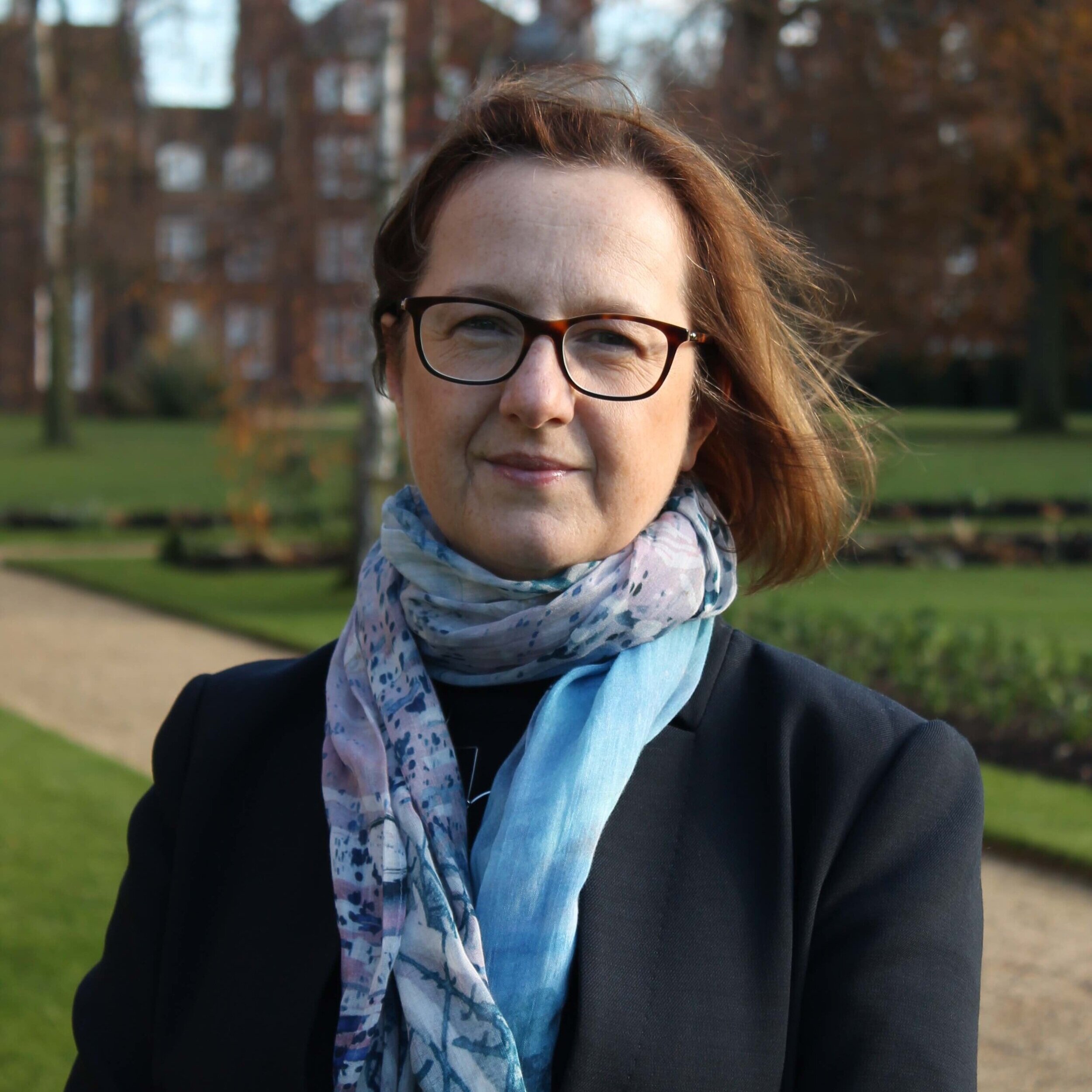






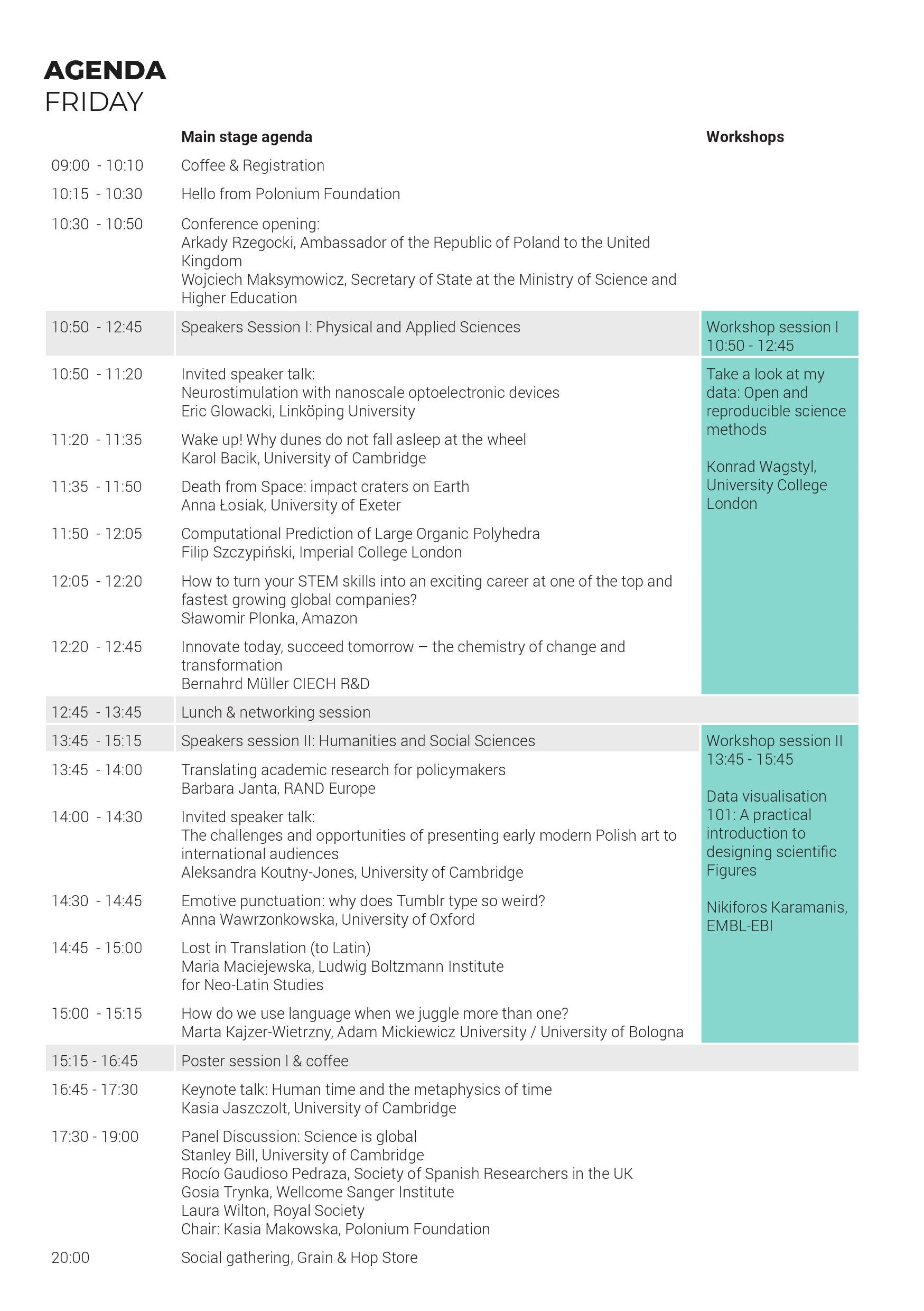
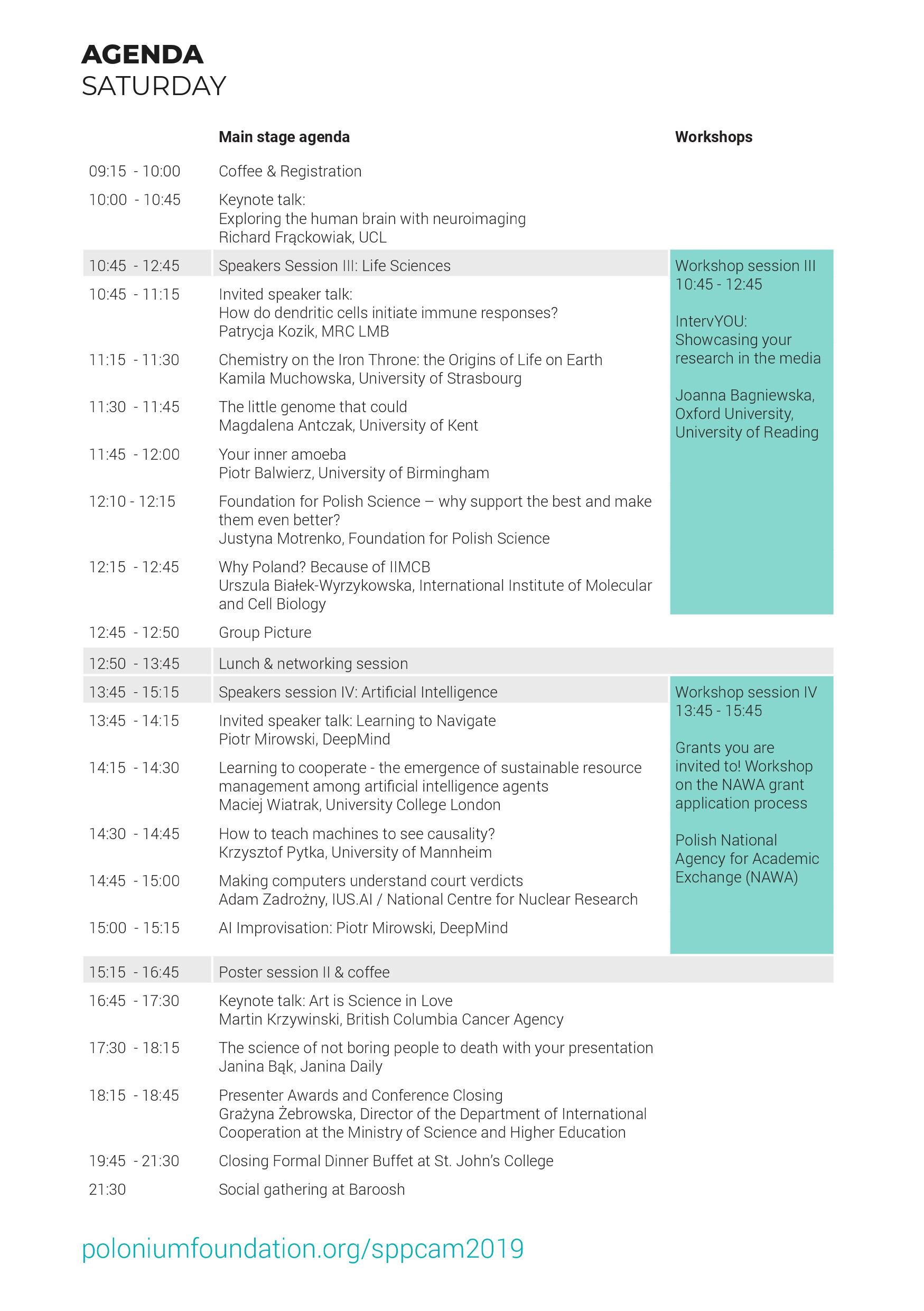
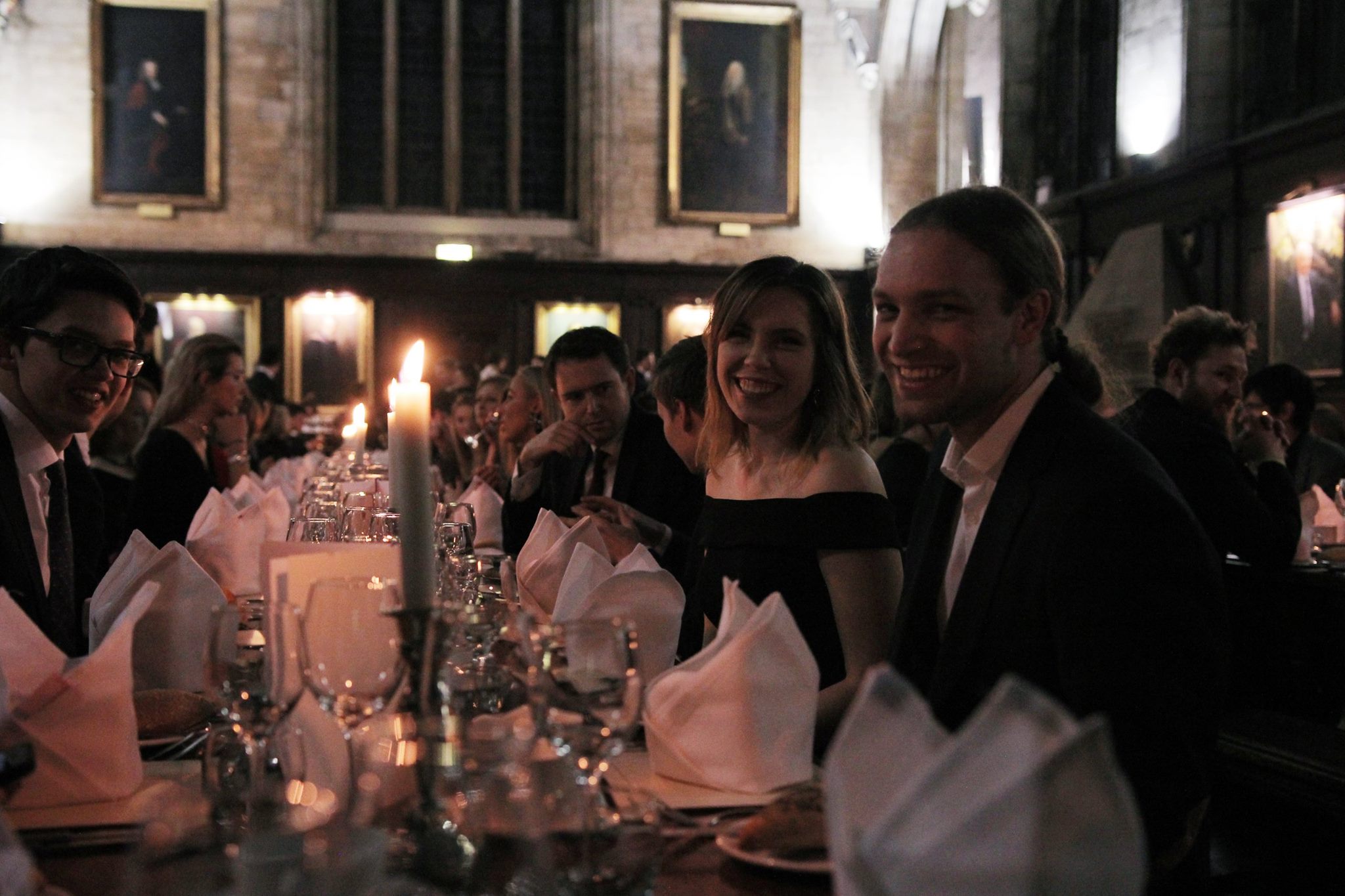
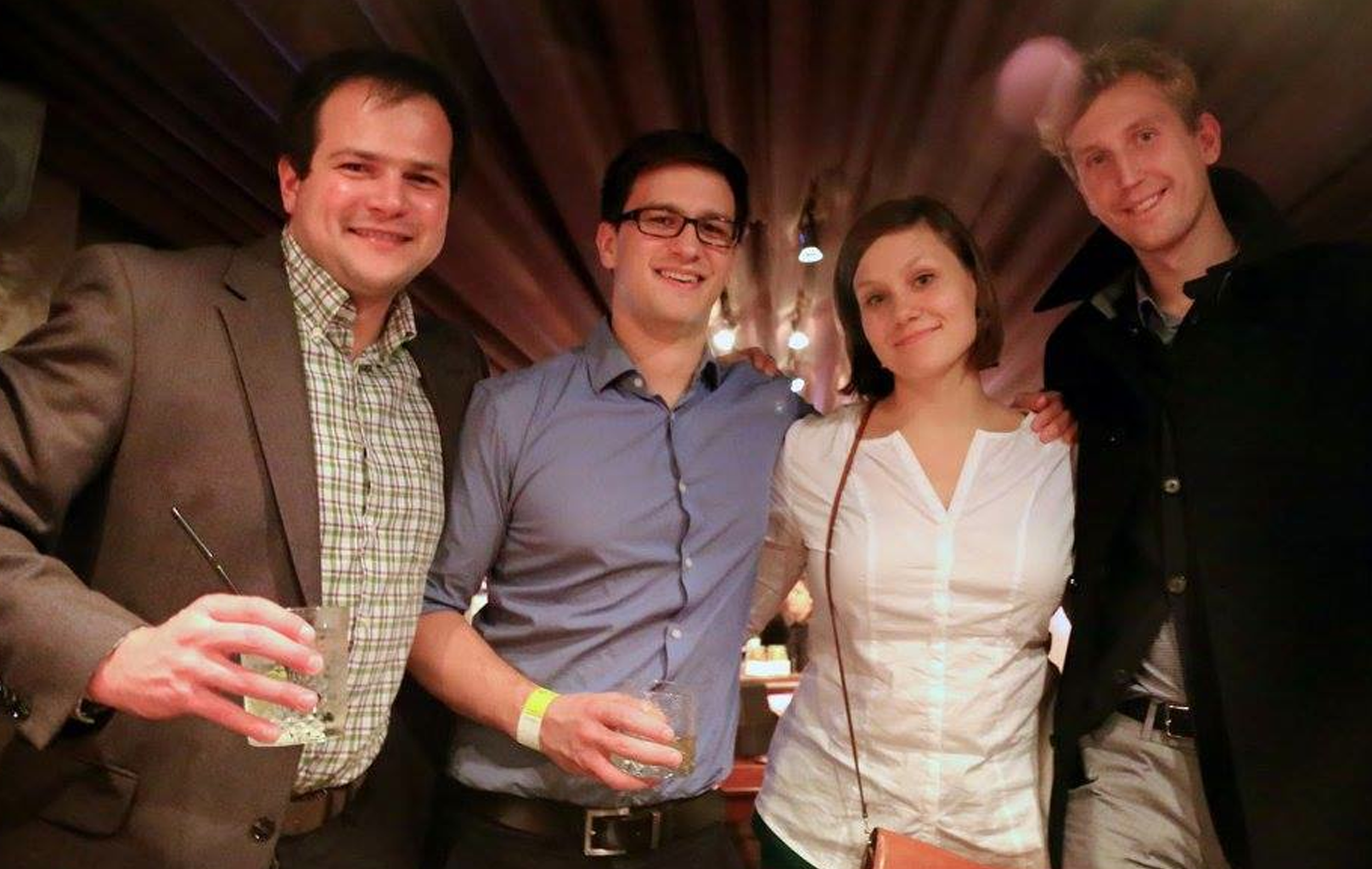
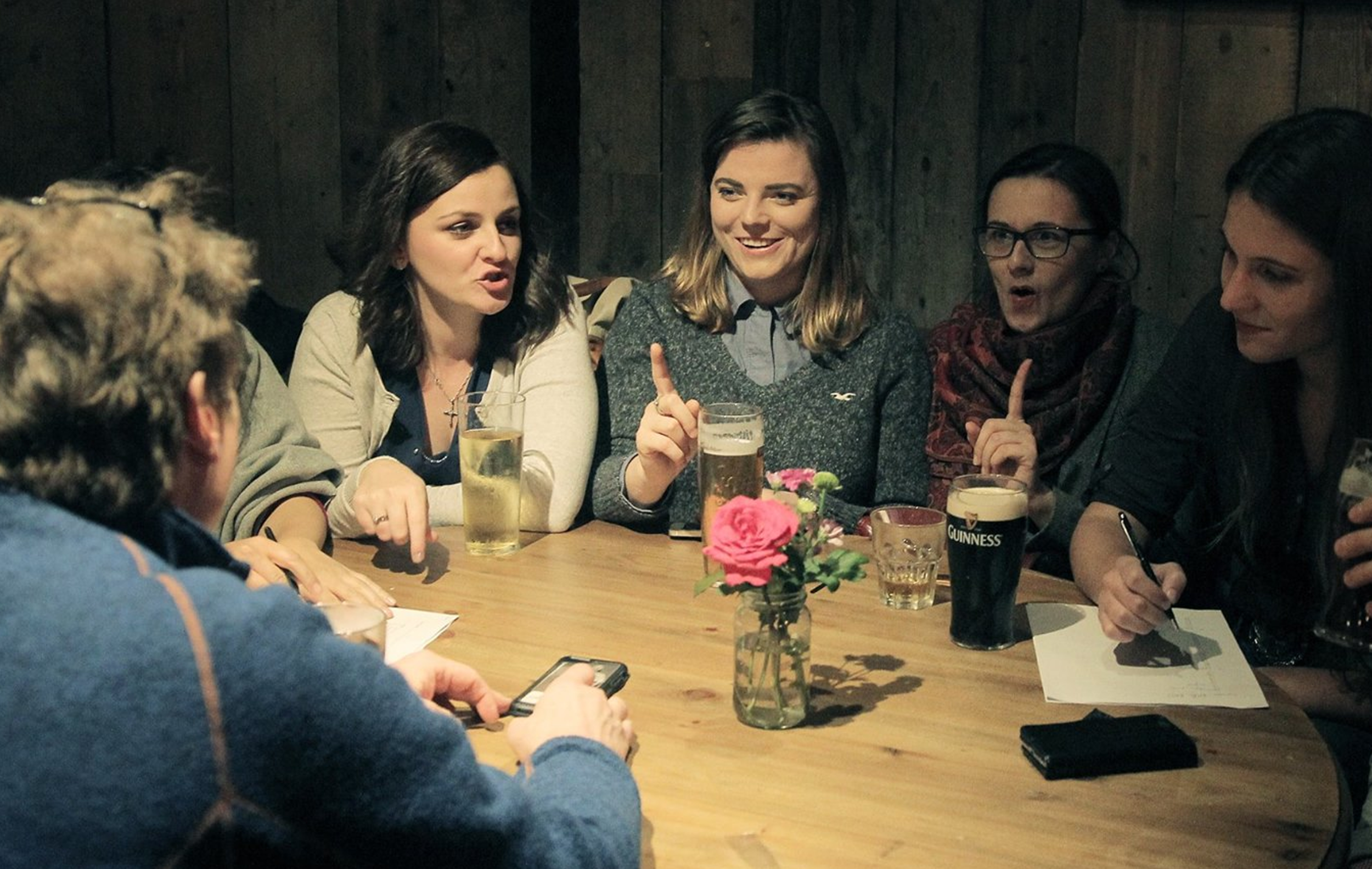
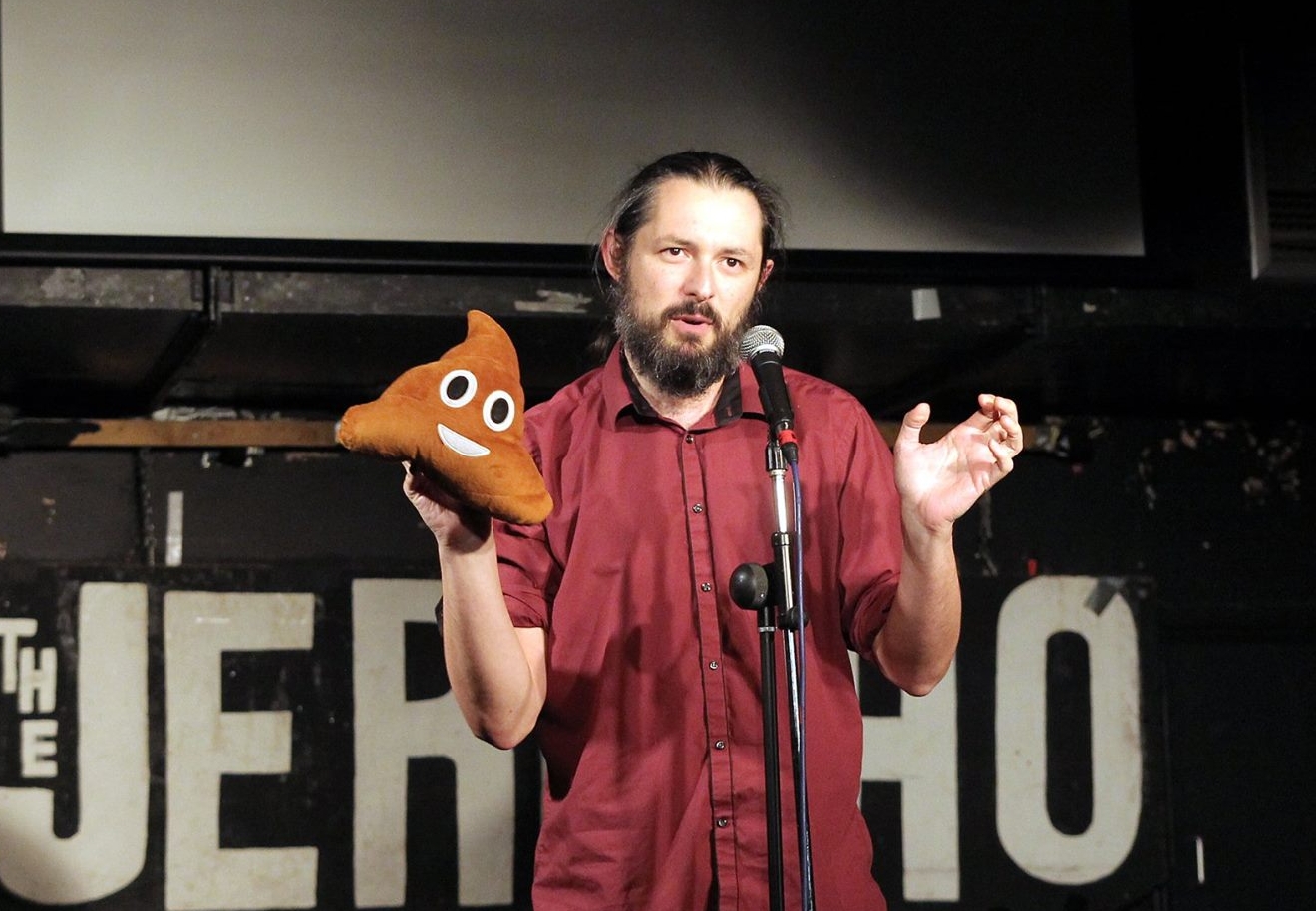

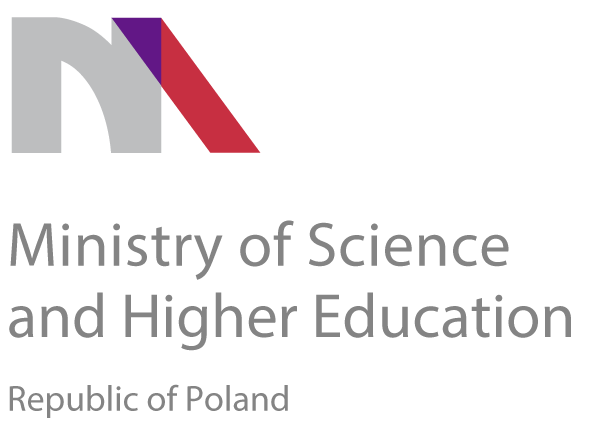
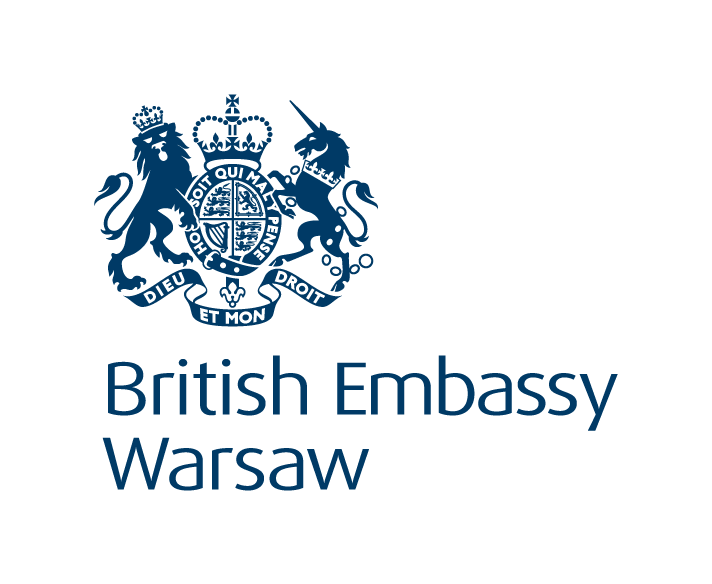
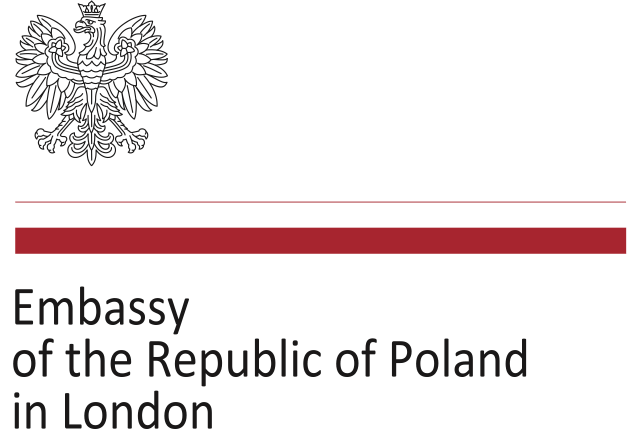

![CIECH SA - poziom CMYK [Converted]-01.png](https://images.squarespace-cdn.com/content/v1/587a5f54d1758e3ceff5f171/1571587447710-2NIT5DFD4HKV8RIOFC2F/CIECH+SA+-++poziom+CMYK+%5BConverted%5D-01.png)
